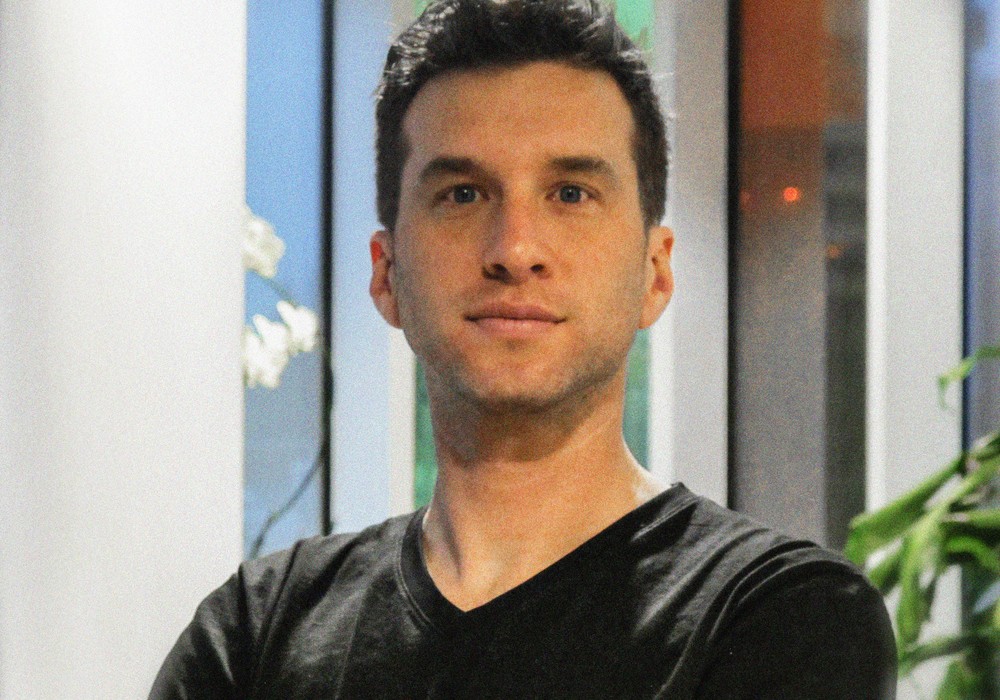You are known for doing tons of really complicated rock records like the King Crimson double trio or that Bozzio/Levin/Stevens record you just did.
I do seem to attract some of the crazier projects. The King Crimson double trio stuff was pretty mad because every one of those guys fills up enough sonic and musical space to fill a whole album. And that was multiplied by 6 players. Lucky for me David Bottrill had already done a record with this line up, so I was able to learn a lot by listening to what he had done. I approached the mixes very differently than David, but I don't think I could have done what I did without learning from what he did.
I have heard that Fripp is a pretty serious guy.
At times, but he is also a really funny guy. We obviously dug working together since we worked on over a dozen albums together and have talked about working together again in the future. Robert has some very specific preferences about panning and certain technologies that he is a big fan of, but aside from that I got to do pretty much what ever I felt was appropriate. It was a really amazing time. We were so prolific, we worked on over a dozen records together. When I look back its hard to imagine how we got so much stuff done. There are still albums I did with Crimson that have not seen the light of day yet. It was really cool to be working with Robert, because he and King Crimson really cleared the way for what bands like Tool and Radiohead are doing today, and we never really tried to rest on Crimson's legacy. We were always trying to see if we could push the envelope a little further.
Recording Terry Bozzio must have been pretty complicated.
The Bozzio/Levin/Stevens record was a trip mostly due to Terry Bozzio's drum kit, which had about 16 toms, 40 cymbals and 4 kick drums! Terry and I spent a long time trying to figure out a new approach to recording his kit. In the past other guys had individually mic'd all the parts of the kit, but I tend to be a bit more minimalist and like the drummer's performance to handle a lot of the mix work, so to speak. I wanted to try and put the whole kit on 4 to 6 tracks, but because of how the kit is set up [in a horseshoe shape] that approach would not work, so I ended up using 11 tracks for drums. I recorded on 2 inch at 15 ips +9 no noise reduction and slammed the meters off the scale. I wanted the album to have some grit and density since I felt the last album was a bit too clean. Every one in the studio was a bit shocked, but I was going for something and the stuff came off tape sounding great. That record was tough just because of some of the technical concerns and trying to showcase both the subtleties of Terry's playing and the power of Steve Stevens, but I was lucky we had such a great team. Great musicians make things a lot easier, my assistants were great and Steve Stevens is actually a really good engineer on top of being a great guitar player. It also did not hurt to have Terry Brown to mix the record.
How long does that kind of record take you?
We did about 10 days of pre-production then a couple weeks of tracking. Steve Stevens did some overdubs at his place. Terry Brown took about a week to mix it.
Do you always do pre-production?
For sure. It's really stupid to go into a studio without doing pre-production, especially if you are on a tight budget. How can you start getting the right kick drum sound or tempo or decide how to set up the musicians if you are not familiar with the songs or the vision of the record? Its also a huge waste of money to go into the studio without making sure all the songs are in great shape. Often people will compliment my production by talking about a great snare sound or something, but I often think the most important work I do is before we go into the studio.
Are you doing mostly progressive rock and jazz stuff?
No, no. I am pretty well known for that kind of stuff especially in Europe and Japan, but I do tons of other stuff. I would get bored stiff and quit if I got stuck doing one kind of music. I grew up in the DC and Richmond, VA, hardcore/postpunk scenes playing in bands, sharing the stage with bands like Rollins, Dinosaur Jr., Die Kruezen, GWAR, All, the Flaming Lips. So that sort of stuff is really dear to my heart and I try and do lots of that sort of work and I like to keep my feet wet in classical, extreme metal and I do a lot of singer/songwriter records.
That's one of the exciting things about working in music, getting to work with such a wide range of people.
I will sometimes play all the instruments if I am doing something like a small singer songwriter record, but I am way more interested in getting creative people together and seeing what musicians will bring to the table. I was just working on a record for the Kerry Lauder Band in Seattle where I brought in Tony Levin to play bass on the album. Tony is arguably one of the best musicians in the world, but one of the real highlights of the record was the mother of one of the musicians that came to visit. She had taken a couple violin lessons when she was about 5. So I hooked up a bunch of effects and had the mother play some electric violin. It's one of the coolest parts of the album, because the ideas and the spirit of those people were great.
You have done a lot of records with Tony Levin, haven't you?
Yeah, a bunch. We first hooked up when I was doing all that King Crimson stuff but we have done a good bit of other work outside of Crim. He is such a remarkable musician. I am not sure I have ever met a musician who so consistently plays exactly the right part. I have learned so much from him. I think I should make a new deck of Brian Eno's Oblique Strategies, but every card you pulled would just say, What would Tony Levin do?"
Would you say Tony is the best musician you have ever worked with?
Certainly one of them. Oh, I gotta tell you this Tony story. On that Kerry Lauder band record. I was explaining to Tony my vision for the track and what I had in mind about how the bass would fit in. As luck would have it Mary Shokes, the violin player of the band, brought her 4 month old baby along for the sessions. Tony asked her to go get a diaper, which he then stuffed under the strings right against the bridge and then played. It was an amazing sound. The bass sounded huge, even on NS10s. Tony said the last time he did that trick was when his own daughter was a baby and he was recording Don't Give Up for Peter Gabriel. I love that kind of shit. I did not get into this business because I love hanging out alone in dark rooms looking at computer screens. I got into it because I love getting together with people and making music and getting surprised.
I would say that's exactly the same reason I got into it, even thought we are now in very different places. What are you going to be doing in 5 years?
I don't know, but making records has been my day job for most of the last decade and I still get such a huge rush out it. I think I will be really happy if I am still getting to make records that I am proud to be a part of. This business is so fucked up and can really tear up a lot of people, but as long as I can stay focused on the music and still get to work with the incredible range of artists I get to work with now, I will be doing fine. I have this funny feeling that I might be on my deathbed saying, I wish I had spent even more time in the studio making records," but I guess that proves that I have that demented gene that would lead one to a life of making rock records.
Interviews | No. 140
Michael Kiwanuka: The Emotional Connection
by Larry Crane
In May of 2008 I was sitting outside a London pub with Paul Butler [Tape Op #75], Phill Brown [#12, Are We Still Rolling?], and John Baccigaluppi talking shop. Paul had begun working on what would...
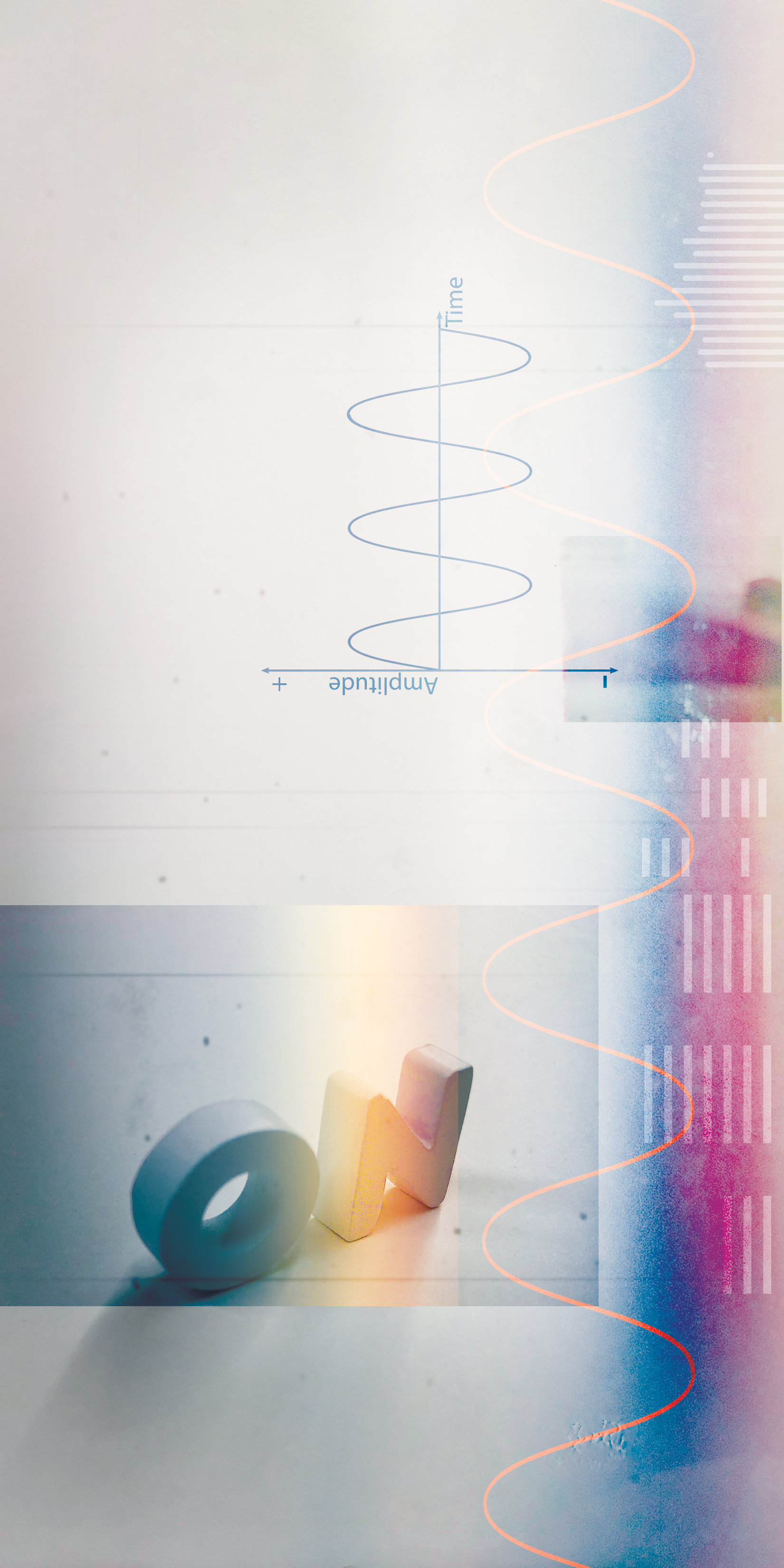

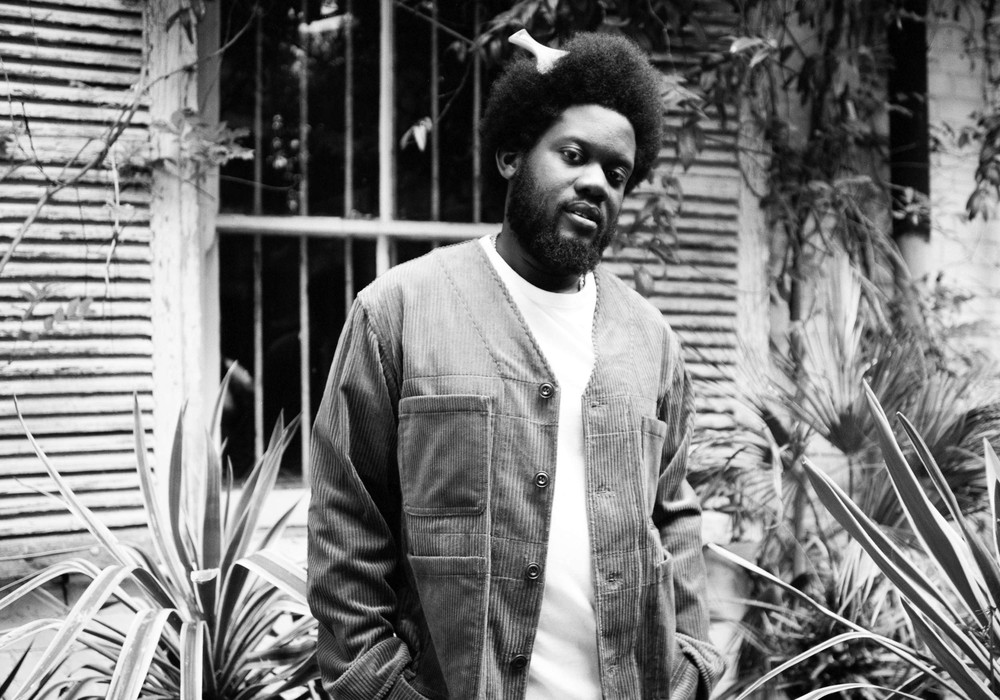
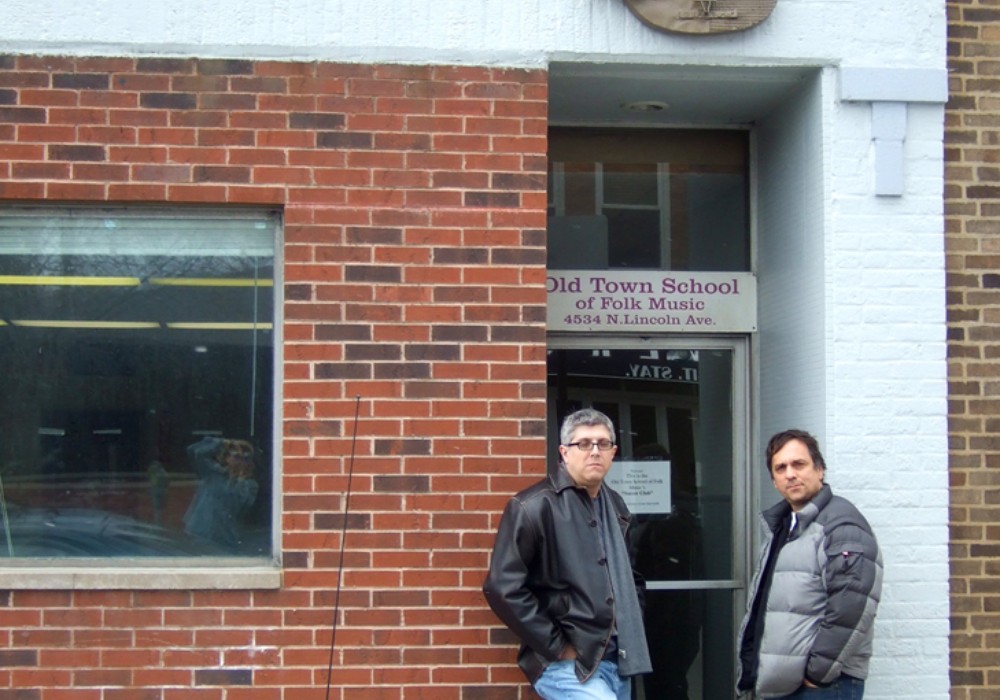
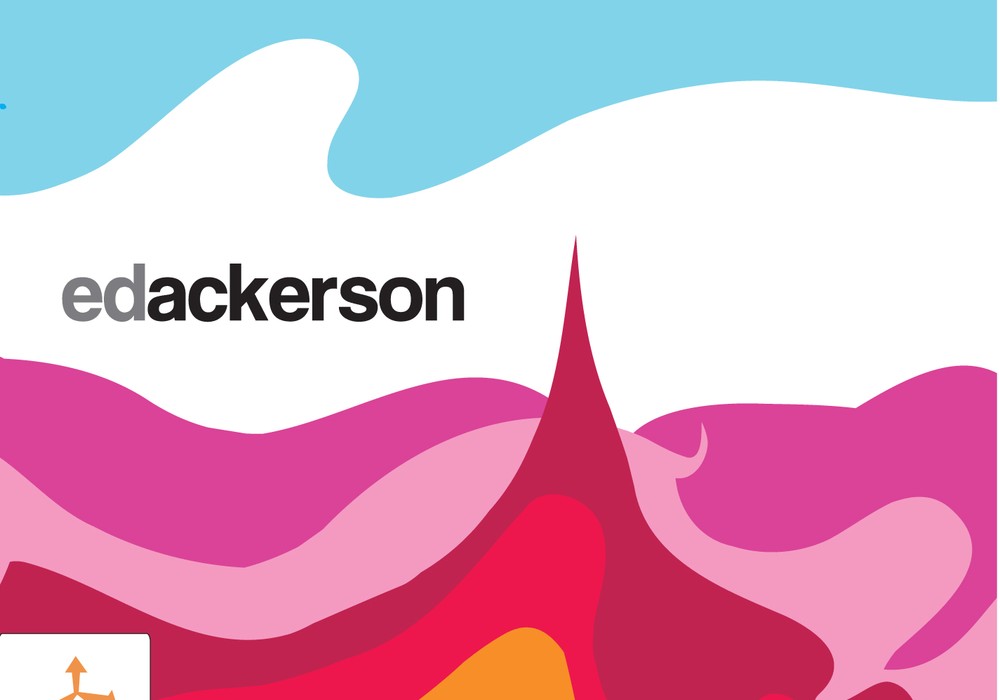
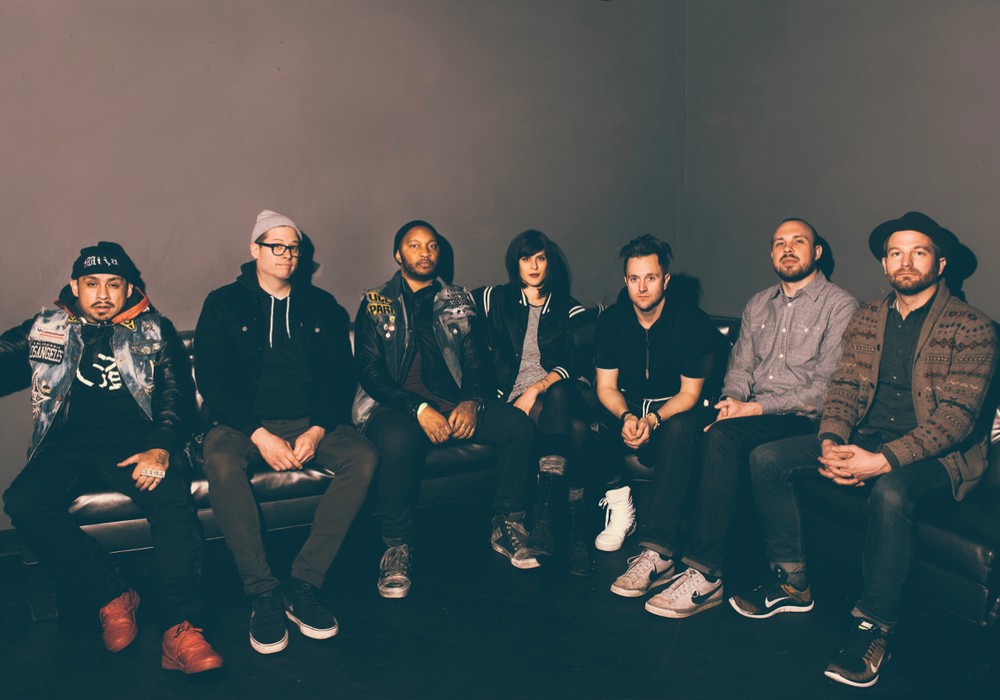
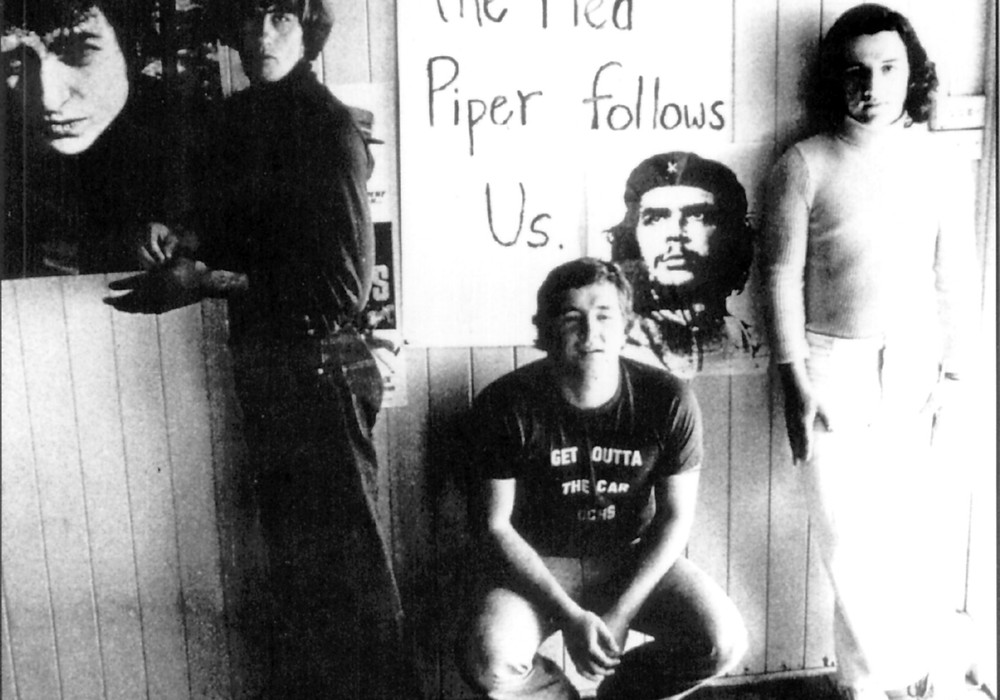
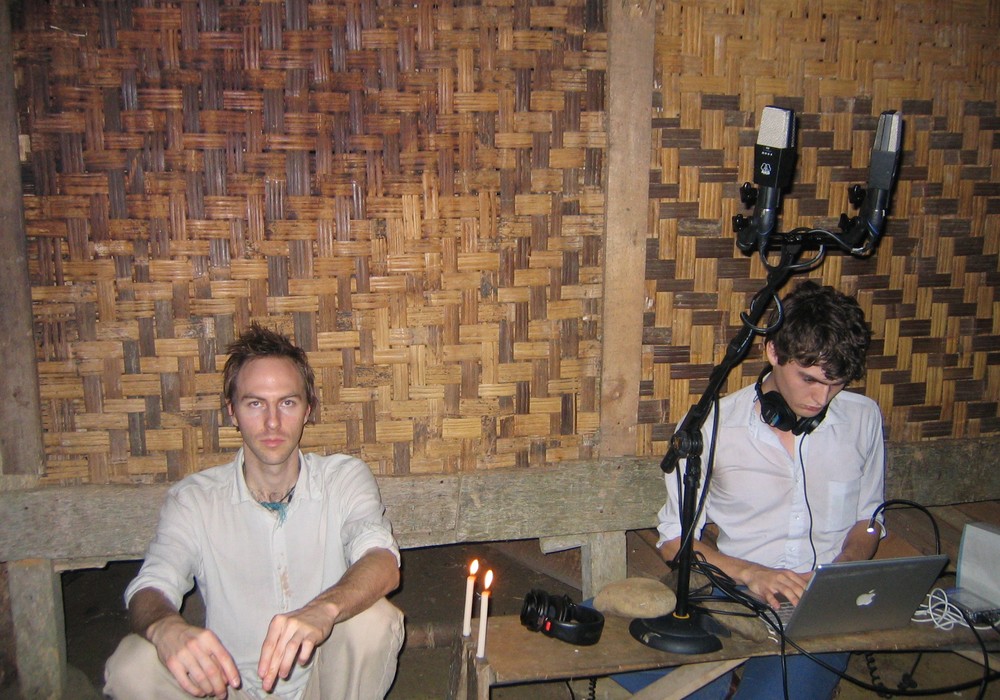
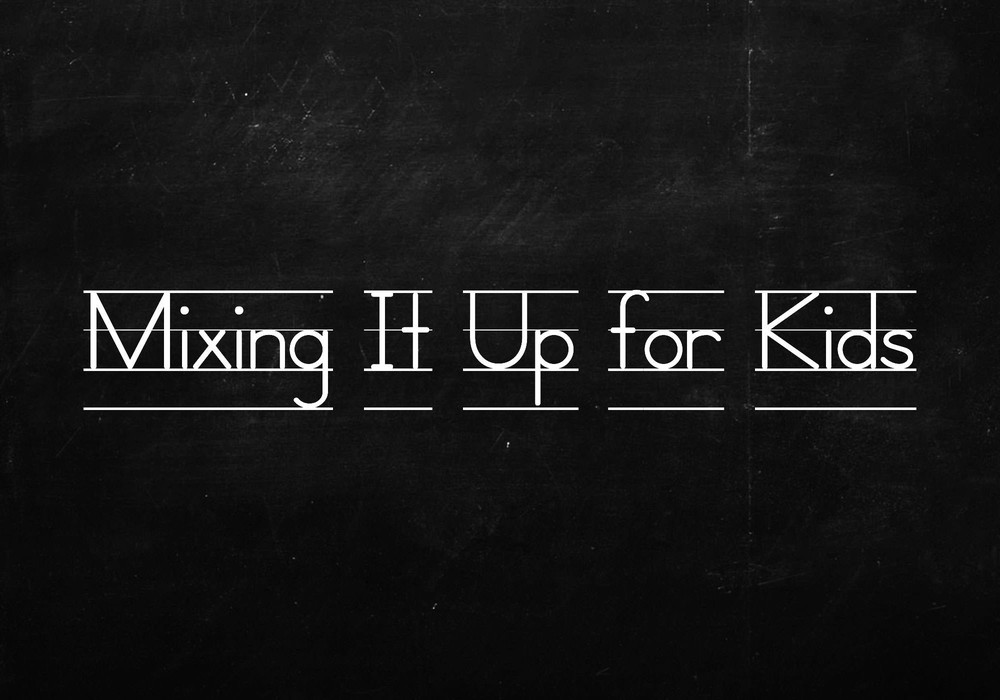
_display_horizontal.jpg)
